Robert Hacker ’18 joined The Sustainable Innovation MBA program upon completing his undergraduate degree from James Madison University. He was interviewed by Isabel Russell, an undergraduate at UVM.
Why did you choose to attend The Sustainable Innovation MBA program?
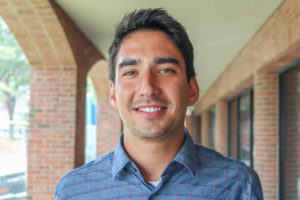 I chose to attend The Sustainable Innovation MBA program to gain the tools necessary to make an impact on the world. More specifically, I attended this program because I wanted to learn how I could use business as a tool to increase the impact I could have with my environmental biology degree.
I chose to attend The Sustainable Innovation MBA program to gain the tools necessary to make an impact on the world. More specifically, I attended this program because I wanted to learn how I could use business as a tool to increase the impact I could have with my environmental biology degree.
What has been your favorite part/element of the program thus far?
My favorite part of the program thus far is my practicum project and my classmates. My practicum project is with Propagate Ventures, an alumni-founded (Editor’s note: Harrison Greene ’16) agroforestry and permaculture start-up, which allows me to use my biology background and my newly gained skills from The Sustainable Innovation MBA. This cohort is a great gathering of people with diverse backgrounds with a similar impact oriented mindset, which is a awesome environment to be a part of every day!
What are three things someone considering the program should be aware of?
1. This will be one of the busiest, most informative years of your life.
2. Good time management skills are so important in this program.
3. You may never want to leave Vermont after the program.
How has the Sustainable Innovation MBA helped you?
I have learned so much in the past months, from financial skills to people skills. My classmates have taught me just as much as my professors, and I am lucky to be able to learn so much from my them, since I am one of the younger members of the class.

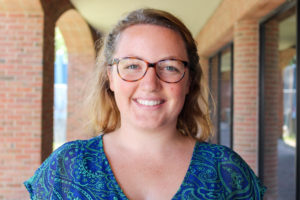 I chose to attend The Sustainable Innovation MBA program because I wanted to gain the skills necessary to have a productive role in my family’s business. The program drew my attention because of its small size and focus on sustainability and entrepreneurship.
I chose to attend The Sustainable Innovation MBA program because I wanted to gain the skills necessary to have a productive role in my family’s business. The program drew my attention because of its small size and focus on sustainability and entrepreneurship. This
This 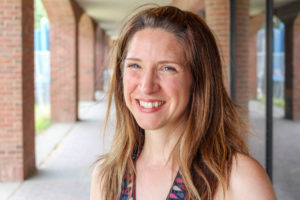
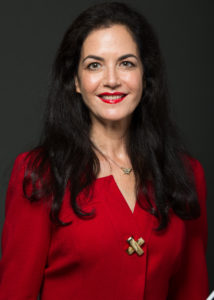 I have been a practicing lawyer in various areas of corporate life and a wildly eclectic number of industries (private investments, finance, airlines, manufacturers, software, telecommunications, real estate, mining, retail, etc.). Much of what I have done professionally has been interesting, challenging, and often fun, and my experience has given me terrific insight into how all sorts of industries and businesses work and myriad points of view that may come to bear on a question, but I was ready to make a change and to play a different role.
I have been a practicing lawyer in various areas of corporate life and a wildly eclectic number of industries (private investments, finance, airlines, manufacturers, software, telecommunications, real estate, mining, retail, etc.). Much of what I have done professionally has been interesting, challenging, and often fun, and my experience has given me terrific insight into how all sorts of industries and businesses work and myriad points of view that may come to bear on a question, but I was ready to make a change and to play a different role.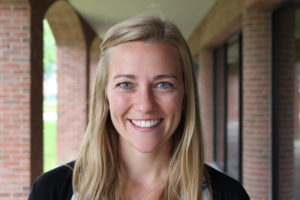 I work in NYC as an Associate Director at
I work in NYC as an Associate Director at 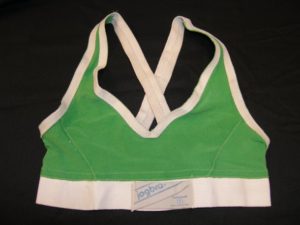 Lesser known is the history of that time when, although many moved to Vermont to find and build a different way to live, a number also were inspired to find and build a different way to do business. Some of Vermont’s most iconic brands — like
Lesser known is the history of that time when, although many moved to Vermont to find and build a different way to live, a number also were inspired to find and build a different way to do business. Some of Vermont’s most iconic brands — like 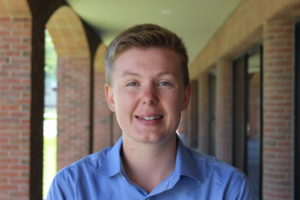 Making a whole new life for myself! I launched my own consulting practice, Third Peak Solutions, and spent much of the fall working from the road while my partner and I traveled around the west (Washington, Oregon, Montana, Wyoming, Colorado and New Mexico) figuring out a new place to call home. In November my partner landed a position at a very cool organization called Adventure Scientists and just after Thanksgiving we moved to Bozeman, Montana. After spending 30 years living in the Northeast, moving to big sky country is a pretty big life change. It’s somewhat terrifying, but mostly thrilling. Now that I’m settling into my new home, I’m focused on defining exactly what Third Peak Solutions does: organizational development consulting with conservation non-profits? Sustainable strategy consulting with for-profits? A little bit of both?
Making a whole new life for myself! I launched my own consulting practice, Third Peak Solutions, and spent much of the fall working from the road while my partner and I traveled around the west (Washington, Oregon, Montana, Wyoming, Colorado and New Mexico) figuring out a new place to call home. In November my partner landed a position at a very cool organization called Adventure Scientists and just after Thanksgiving we moved to Bozeman, Montana. After spending 30 years living in the Northeast, moving to big sky country is a pretty big life change. It’s somewhat terrifying, but mostly thrilling. Now that I’m settling into my new home, I’m focused on defining exactly what Third Peak Solutions does: organizational development consulting with conservation non-profits? Sustainable strategy consulting with for-profits? A little bit of both?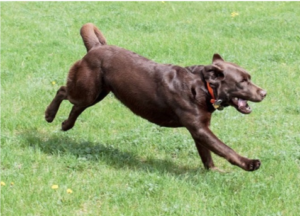 Fortunately for us at The Sustainable Innovation MBA, we don’t have to wait until we get home to experience this joy. Meet Willy Wonka, a 3-year-old chocolate lab who has bounded into Kalkin 110 as our 31st classmate during Professor Erik Monsen’s “Crafting the Entrepreneurial Business Model” class.
Fortunately for us at The Sustainable Innovation MBA, we don’t have to wait until we get home to experience this joy. Meet Willy Wonka, a 3-year-old chocolate lab who has bounded into Kalkin 110 as our 31st classmate during Professor Erik Monsen’s “Crafting the Entrepreneurial Business Model” class.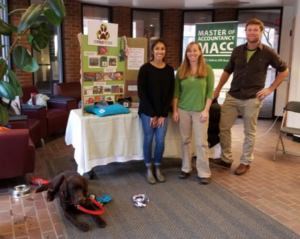 Willy Wonka doesn’t just demonstrate his value around the house. His “dad” is a professor of entrepreneurship, so naturally he has a few different jobs. As a certified therapy dog, Willy Wonka can be seen around campus during exam season providing stress relief to students. When he’s off-campus, you may be able to spot him at your local library, where children read to him. He loves a great story, but it’s hard to know exactly what his favorite genre is. He was even a tester for last year’s cohort’s recycled dog toy company, RePawposed.
Willy Wonka doesn’t just demonstrate his value around the house. His “dad” is a professor of entrepreneurship, so naturally he has a few different jobs. As a certified therapy dog, Willy Wonka can be seen around campus during exam season providing stress relief to students. When he’s off-campus, you may be able to spot him at your local library, where children read to him. He loves a great story, but it’s hard to know exactly what his favorite genre is. He was even a tester for last year’s cohort’s recycled dog toy company, RePawposed.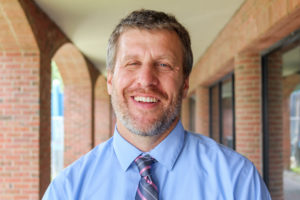 It’s a fantastic opportunity for those seeking to pivot mid-career. Prior to The Sustainable Innovation MBA, I worked in agriculture and non-profits and I had reached a point where opportunities for learning and advancement had flattened out. As a working parent of two young girls, the thought of being in graduate school for years on was overwhelming. The one-year curriculum is perfect for those looking to re-launch their careers quickly.
It’s a fantastic opportunity for those seeking to pivot mid-career. Prior to The Sustainable Innovation MBA, I worked in agriculture and non-profits and I had reached a point where opportunities for learning and advancement had flattened out. As a working parent of two young girls, the thought of being in graduate school for years on was overwhelming. The one-year curriculum is perfect for those looking to re-launch their careers quickly.